astronomy
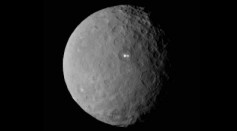
What's Next for Dawn at the Dwarf Planet Ceres
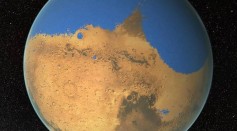
Mars Once Had More Water Than the Arctic Ocean

Dawn Spacecraft Arrives to Ceres—Hear What NASA Has to Say About the Mission
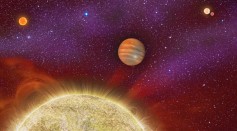
Astronomers Discover Planet in Multiple Star System
Military Satellite Explodes in Space
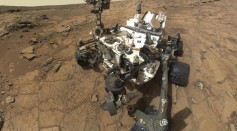
Short Circuit Leaves Curiosity with One Arm
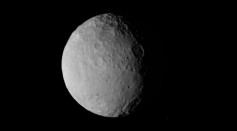
Dawn’s Long Journey About to End By Entering Orbit of Ceres
Jupiter and Its Moons Set to Put on Astronomical Show
SpaceX Launches Two New Electric Satellites
NASA Seeks to Improve GPS Communications with Study of Ionosphere
NASA Receives Proposals for More Solar System Exploration

Curiosity Mars Rover Seeks Answers in the Rocks of Pahrump Hills
Methane Based Life Could Exist on Saturn’s Moon, Titan

Leonard Nimoy "Spock"—Best Moments And Quotes from the Legend
Most Popular

Plato’s Long-Lost Grave Found Using AI To Decipher Herculaneum Scrolls; Greek Philosopher Had Been Sold Into Slavery: Report

Fastest Things in the Universe: Top 5 Cosmic Phenomena With Immensely High Speed

Influenza Shows Highest 'Pandemic Potential' Among Ranked Pathogens, Study Reveals

Unknown World War II Soldier Who Died in Japanese Prisoner of War Camp 80 Years Ago Finally Identified






